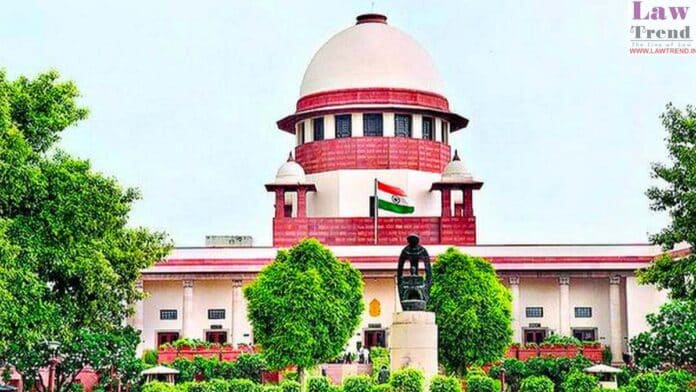In an Important ruling, the Supreme Court of India reaffirmed the principle that reasonable doubt must be based on substantive evidence and not mere speculation, as it upheld the convictions of Goverdhan and Rajendra in a 2001 murder case. The bench, comprising Justice B.R. Gavai, Justice K.V. Viswanathan, and Justice Nongmeikapam Kotiswar Singh, emphasized the
To Read More Please Subscribe to VIP Membership for Unlimited Access to All the Articles, Download Available Copies of Judgments/Order, Acess to Central/State Bare Acts, Advertisement Free Content, Access to More than 4000 Legal Drafts( Readymade Editable Formats of Suits, Petitions, Writs, Legal Notices, Divorce Petitions, 138 Notices, Bail Applications etc.) in Hindi and English.




